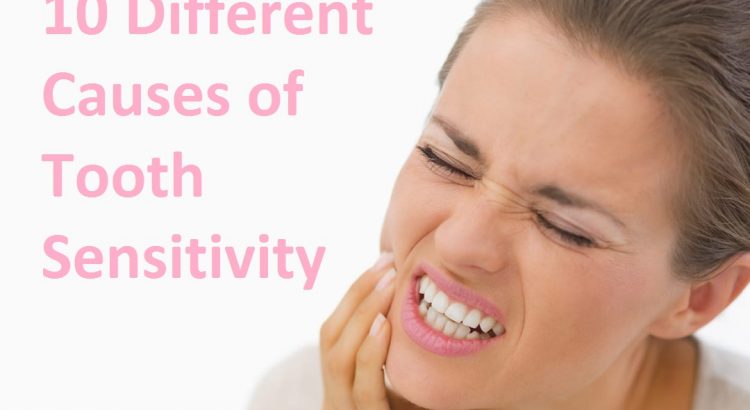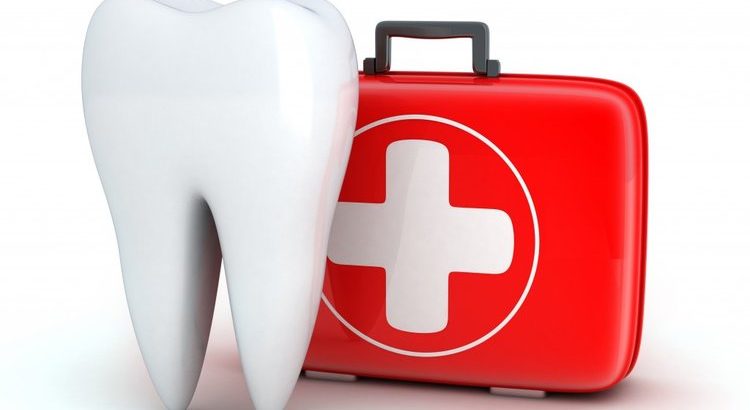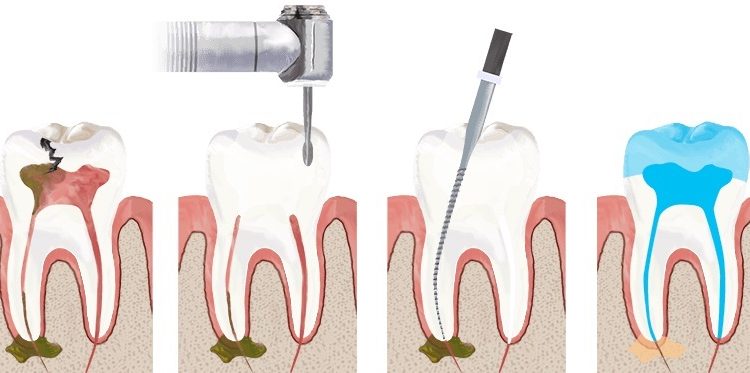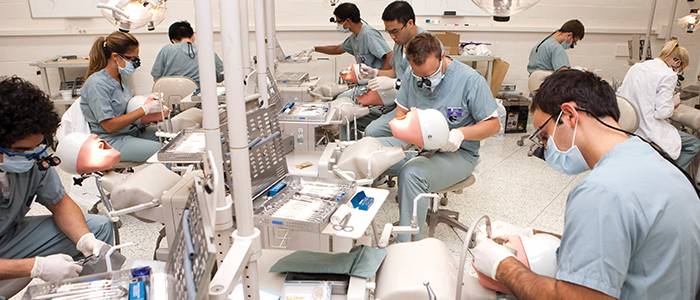Many of us aren’t really aware of dental abscess. Tooth abscess is apparently a painful condition and occurs when the root of the tooth is infected or the infection lies amidst tooth and gum. This condition is known as gingivitis or gum disease and is known to occur due to tooth decay or high severity causing trauma and pain to the tooth.
The symptoms of tooth abscess include swollen neckglands, difficulty while chewing, swelling and redness of gums, sensitivity with hot or cold and fever as well. Tooth abscess can spread to the root and to the bones supporting the tooth as well and mind it abscess spreads quickly in a period of just two days or so, post the start of the infection. So, it is important to consult your doctors if you find one or more of the above symptoms with yourself.
Abscess are of two types –
Periapical abscess – This occurs when one nerve of the tooth is dead or about to die and is caused inside the tooth. It shows at the tip of the tooth’s root and spreads around the bone surrounding it eventually.
Periodontal abscess – This occurs when there is an infection between the teeth and gum usually due to accumulation of food particles and debris within the two. It becomes worse after the infections surrounds the bone below the gums.
Treatment
Dental Abscess needs to be treated from a dentist. The procedure is known as root canal therapy and most of us are familiar with this treatment because it is a common dental treatment. During the procedure, the tooth is extracted while drainage occurs through the socket or alternatively at times incision is made into the gum tissue to drain out the abscess
Tooth abscess is a common condition of teeth that can occur to anyone and everyone at some point of time or other. In order to delay the process or avoid it to an extent it is advisable to follow proper dental hygiene that includes brushing teeth atleast two times a day and that too properly besides flossing, tongue cleaning and using mouthwash for a fresh breath and cavity free mouth.
Rajarajeswari Dental College and Hospital is one of the Best Dental Colleges in Bangalore










